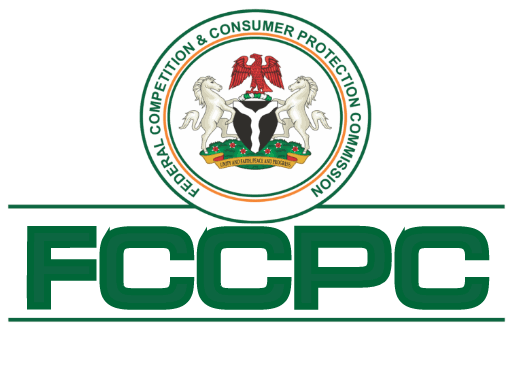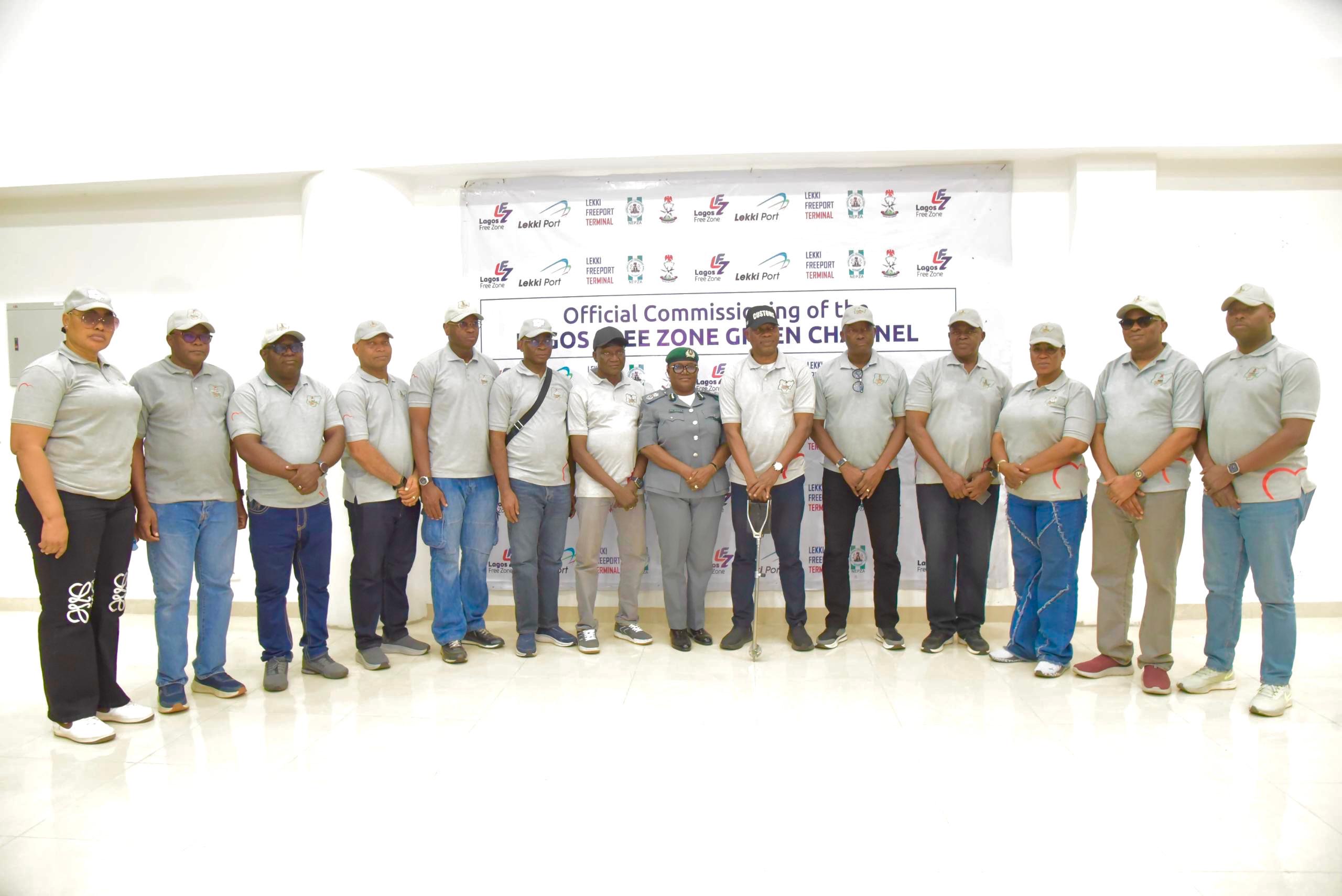By Nkechi Eze
The Federal Competition and Consumer Protection Commission (FCCPC) has revealed that Nigeria’s banking and financial technology sectors top the chart of consumer complaints, with thousands of grievances ranging from unfair charges to service failures. The Commission, in its newly released sectoral data covering March to August 2025, also disclosed that it successfully recovered more than ₦10 billion for aggrieved customers during the period.
In a signed statement by its Director of Corporate Affairs, Ondaje Ijagwu, the FCCPC explained that the complaints were compiled from its resolution platforms and cut across 30 key sectors of the economy. According to the data, banking recorded the highest number of complaints at 3,173, followed by Fast Moving Consumer Goods (FCMG) with 1,543, fintech with 1,442, and the electricity sector with 458 cases. E-commerce (412), telecommunications (409), retail and wholesale (329), aviation (243), information technology (131), and road transport and logistics (114) also featured prominently.
The complaints ranged from unauthorized deductions, deceptive marketing, poor disclosure of terms, product defects, billing disputes, and service failures, to the persistent inability of companies to provide timely redress. During the reporting period, the Commission said it successfully resolved 9,091 complaints, offering significant relief to consumers across multiple industries.
Speaking on the findings, the Executive Vice Chairman and Chief Executive Officer of the FCCPC, Mr. Tunji Bello, stressed that the statistics were a reflection of the real struggles Nigerians face in their daily interactions with essential services. “These numbers are not just statistics; they tell the story of consumer frustration, and the daily challenges Nigerians face in essential services. However, the FCCPC is determined to hold businesses accountable, ensure compliance with the FCCPA, and promote fair market practices that protect the welfare of all consumers,” he said.
The Commission emphasized that banking remains the dominant source of consumer grievances, not only by volume but also by financial impact. Recurring issues include loan deductions, hidden charges, and transaction disputes, underscoring the urgent need for stronger regulatory synergy between the FCCPC and the Central Bank of Nigeria (CBN). Similarly, fintech complaints reflected the high-value risks faced by consumers in digital lending, investment schemes, and microfinance, coinciding with the Commission’s recent unveiling of new regulations to curb abuses in the digital lending sector.
Electricity, which ranked fourth with 458 complaints, was identified as another sector requiring urgent intervention due to persistent billing disputes, unreliable service delivery, and coordination challenges between the FCCPC, the Nigerian Electricity Regulatory Commission (NERC), and electricity distribution companies. E-commerce disputes, though relatively low in monetary value, were described as high-frequency grievances, exposing consumers to recurring risks in delivery failures, refunds, and counterfeit goods.
The Commission noted that these trends demand stronger monitoring, enforcement, and collaboration with sector regulators, particularly in financial services and utilities, where consumers remain most vulnerable. It further urged companies to study the data and strengthen their internal complaint-handling systems to prevent issues from escalating to the FCCPC.
Consumers were also encouraged to continue reporting violations through the Commission’s online complaint portal, complaints.fccpc.gov.ng, or through FCCPC zonal and state offices, with a reminder that every complaint helps identify systemic issues and improve enforcement.
The report, which aligns with the FCCPC’s statutory mandate under Sections 17(a) and 17(j) of the FCCPA 2018, reinforces the Commission’s role as a key protector of consumer rights and fair competition in Nigeria’s evolving market space.















